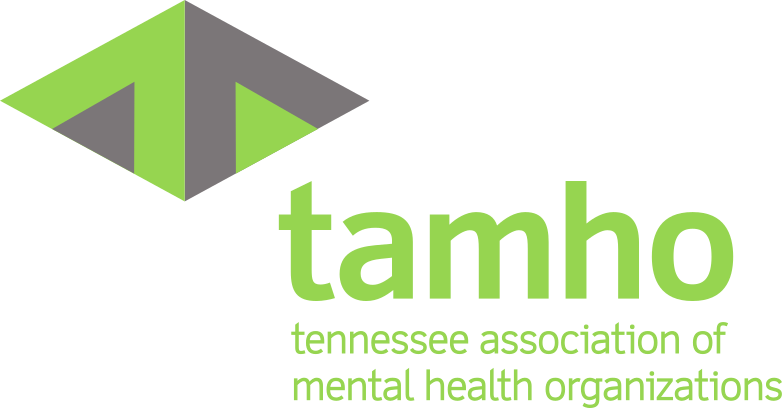Where Advocacy Meets Impact
Ensuring Accessible Services for all Tennesseans through Policy Initiatives
At the Tennessee Association of Mental Health Organizations (TAMHO), we are deeply committed to advocating for policies that ensure mental health and substance use treatment services are accessible to all Tennesseans. We believe that every individual, regardless of where they live or their background, deserves access to quality care that can help them live a healthy, productive life.
Our advocacy efforts are focused at both the state and federal levels, working with lawmakers, government agencies, and other stakeholders to shape policies that support a robust, community-based behavioral health system. We work tirelessly to protect funding for behavioral health services, reduce barriers to care, and promote initiatives that enhance the quality and availability of services. Whether it's ensuring that TennCare, Tennessee's Medicaid program, continues to provide critical behavioral health coverage, or pushing for national reforms that support mental health and substance use care, TAMHO is dedicated to advocating for the needs of the communities we serve.
We invite you to get involved in the advocacy process, too. By contacting your state and federal legislators, you can make your voice heard and help us create a stronger, more supportive system for those in need.
Policy Development
TAMHO’s legislative priorities come out of the TAMHO Legislative Committee. All TAMHO Committees are comprised of individuals who work for TAMHO member organizations and specialize in the area that the committee oversees. The TAMHO Legislative Committee reviews the priorities and discussion topics of interest that have come up in committee and Board of Directors meetings.
From there, the Legislative Committee prioritizes the most important priorities for the year, taking into consideration the current political landscape in TN and how we might best be able to work with legislators and other stakeholders in the state. Once the priorities have been decided upon by the Legislative Committee, they are presented to the TAMHO Board of Directors for final approval. Once approved by the Board, TAMHO’s priorities are final, though they may be subject to additional changes as the legislative session progresses.

